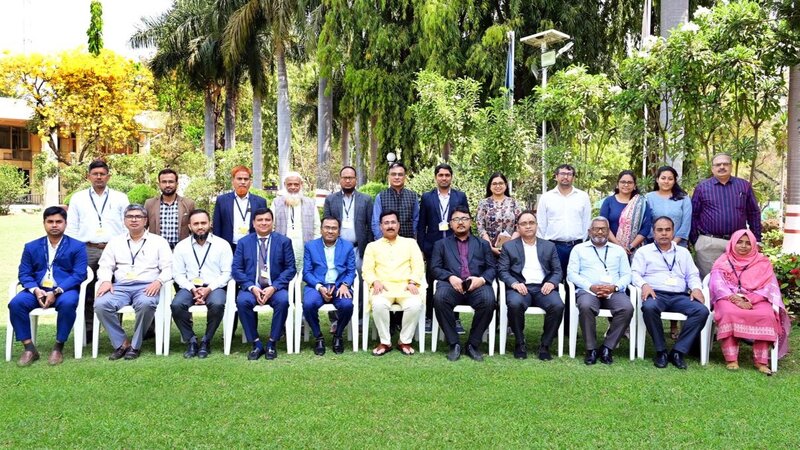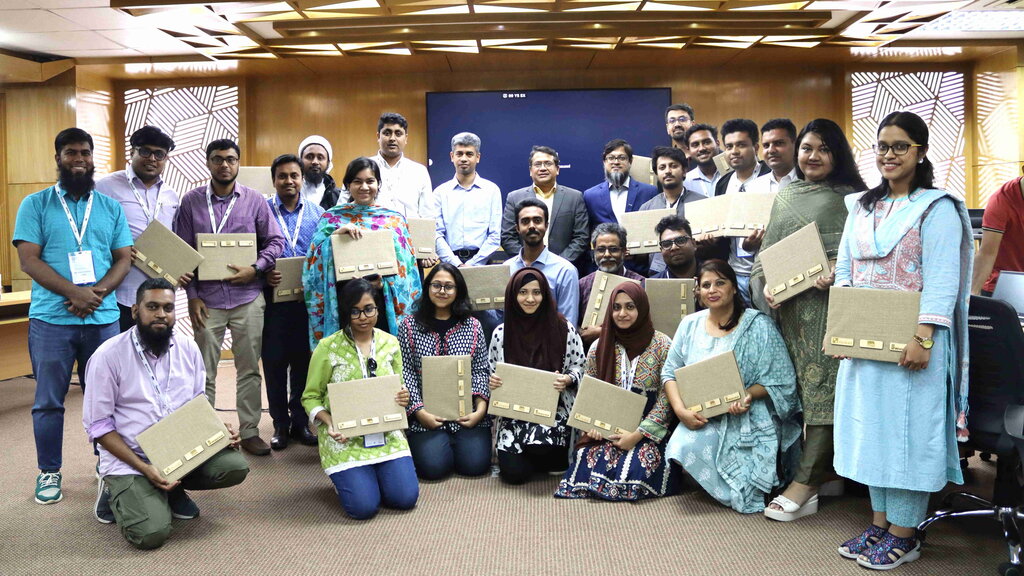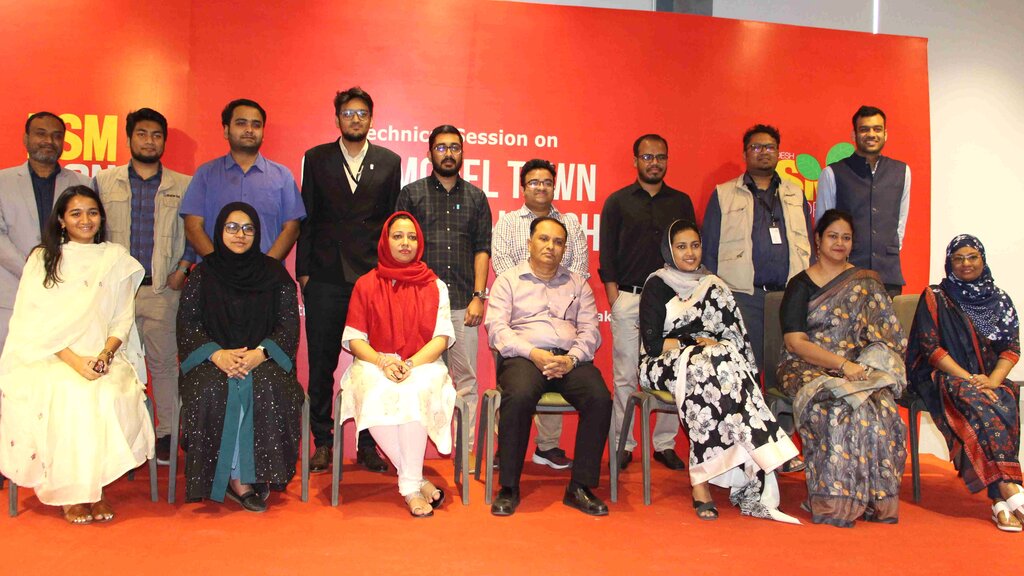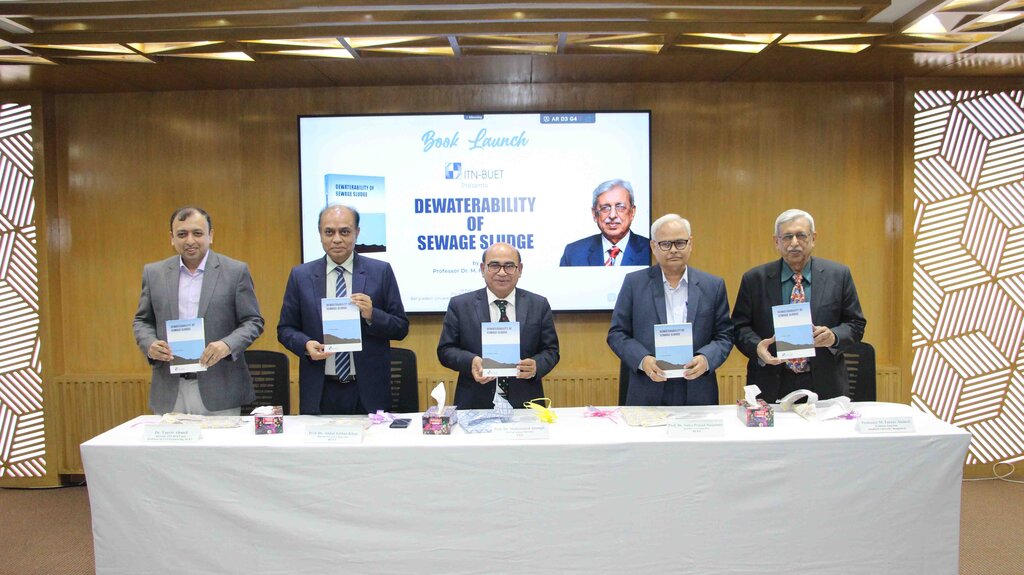To enhance the knowledge and skill of the professionals of The Department of Public Health Engineering (DPHE) in the field of fecal sludge and solid waste management, two separate 2-day long training courses were held from 15th to 16th and 18th to 19th March 2023, respectively, at Cox’s Bazar. The training was jointly organized by ITN-BUET and DPHE under Emergency Multi-Sector Rohingya Crisis Response Project (EMCRP), designed to escalate the Department’s capacity in this vital area of sanitation and waste met in the context of emergency Rohingya crisis response and at the municipality level.
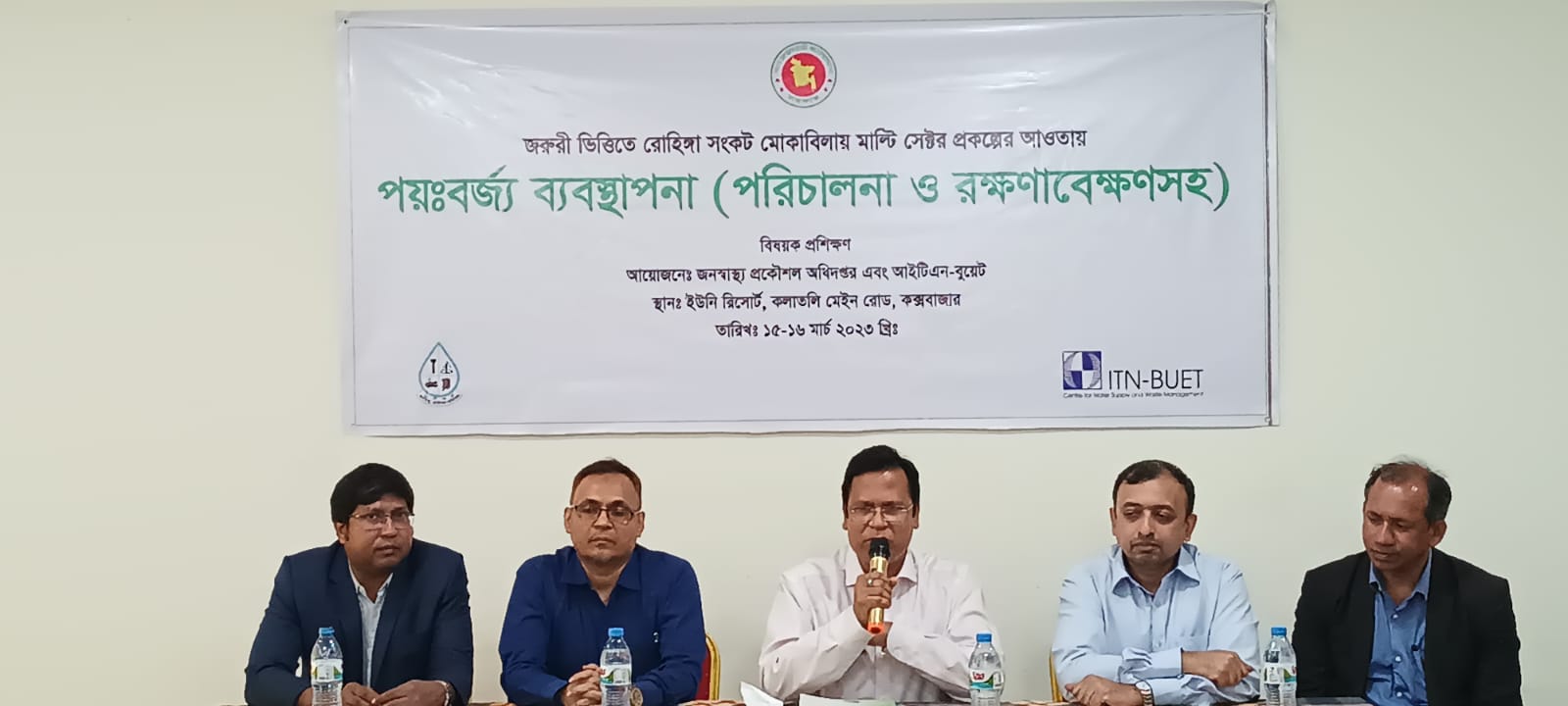
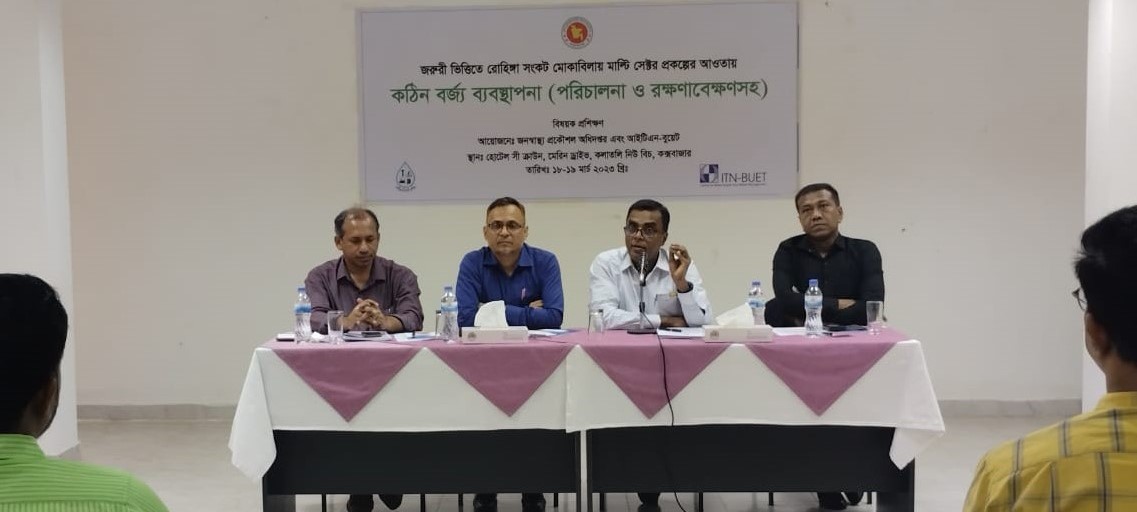
The training was inaugurated by Mr. Md Sarwar Hossain, Chief Engineer of DPHE, who emphasized the importance of capacity building and skill development for the Government’s ongoing efforts to promote public health and safety in his welcome speech.
Mr. Tushar Mohon Shadhu Khan, Additional Chief Engineer, DPHE, appreciated the collaborative effort of ITN-BUET and DHPE as to accelerate the knowledge of DPHE professionals in safe and sustainable management of fecal sludge and solid waste to reduce the adverse impact on human health, the environment, and economic development.
Mr. Mohammad Abdul Kaium, Project Director of EMCRP, Mr. Mostafizur Rahman, the Executive Engineer, DPHE, Cox’s Bazar, and Mr. Abdullah Al-Muyeed, the Chief Operating Officer of the CWIS-FSM Support Cell at DPHE were among the notable attendees at the event. The training program was attended by approximately 22 participants, including assistant engineers, sub-assistant engineers, estimators, and consultants from DPHE.
The training covered various topics related to FSM and SWM, such as planning and designing, operation and maintenance, health and safety aspects, various treatment technologies, community awareness and engagement strategies and sustainable business models.
During a technical session, Professor Dr. Tanvir Ahmed, Director, ITN-BUET drew attention to the current situation of fecal and solid waste management in Bangladesh and urged the participants to demonstrate a firm commitment towards ensuring the safe and sustainable disposal of such waste.
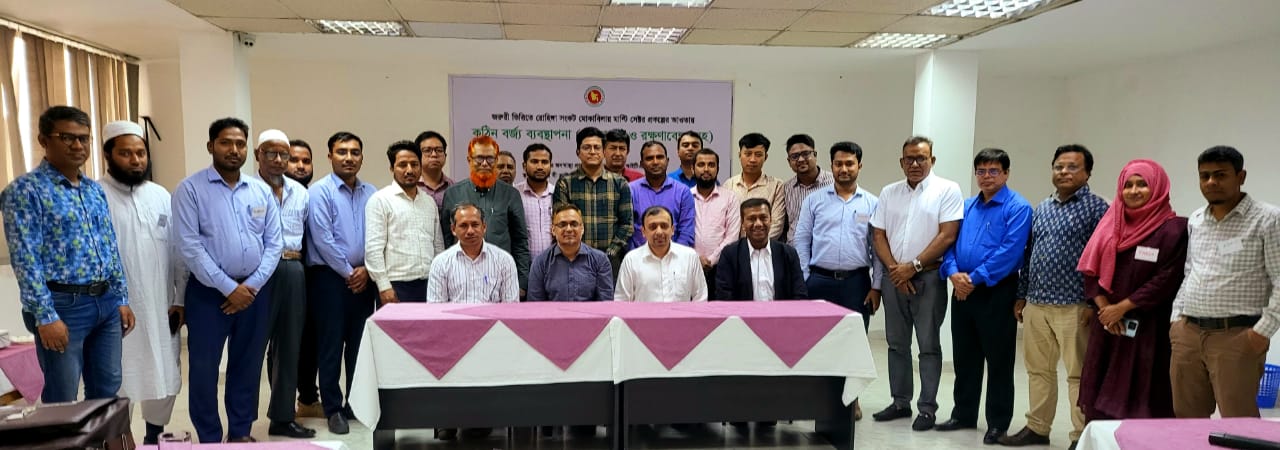
The training sessions were conducted in an engaging and participatory way, involving open discussions, question-answer sessions, and group activities. Throughout each session, there were multiple opportunities for participants to share their experiences and learn from each other.
During the closing ceremony, Mr. Mohammad Abdul Kaium expressed his appreciation to ITN-BUET for designing a thorough and comprehensive training program. He also conveyed that the knowledge and skills acquired by the participants during the training will be beneficial in their future work related to fecal sludge and solid waste management in the national context.


